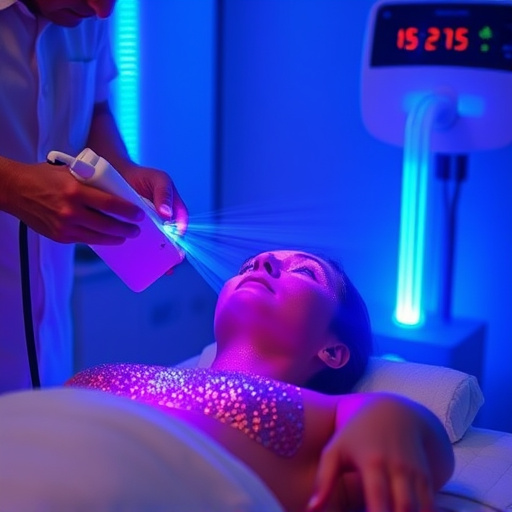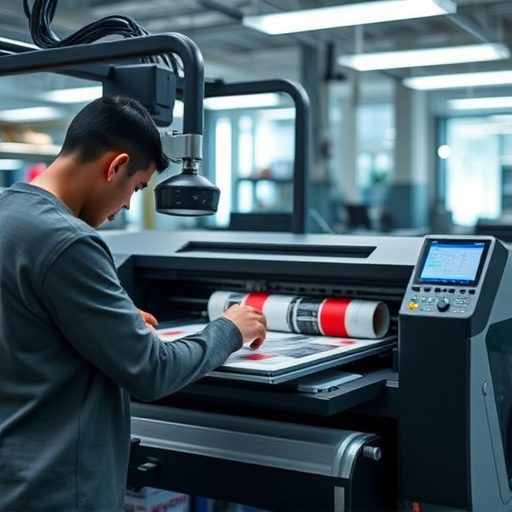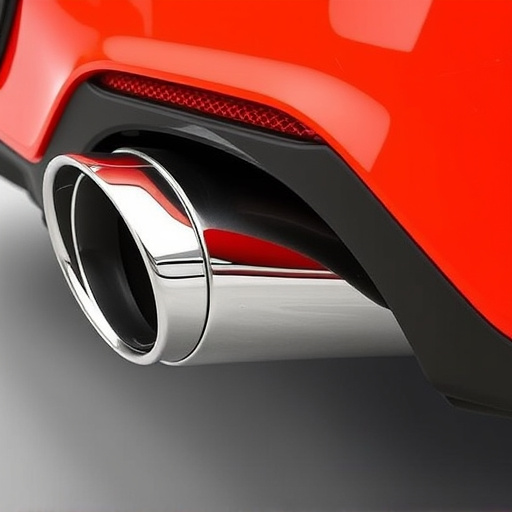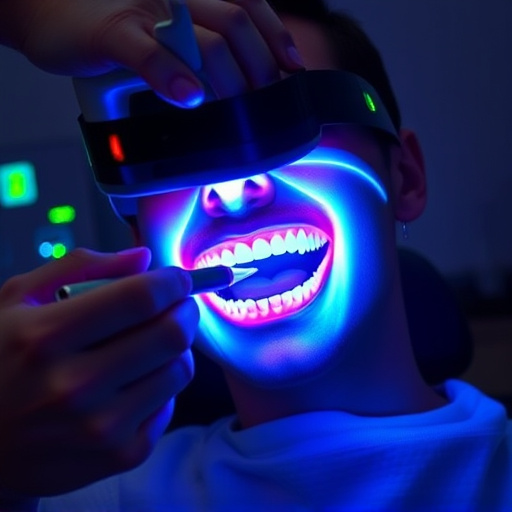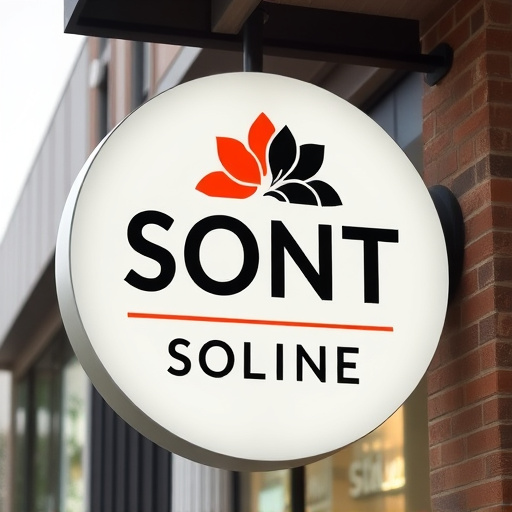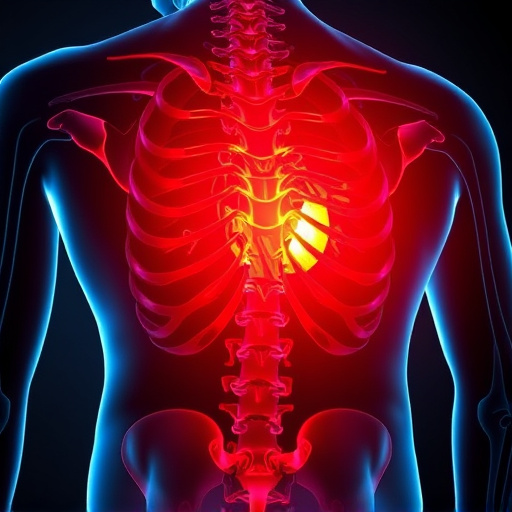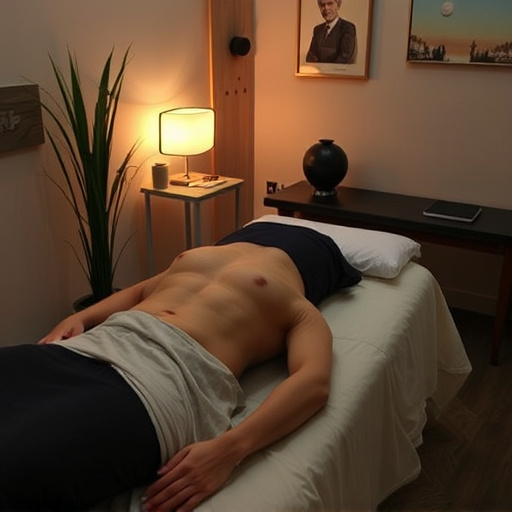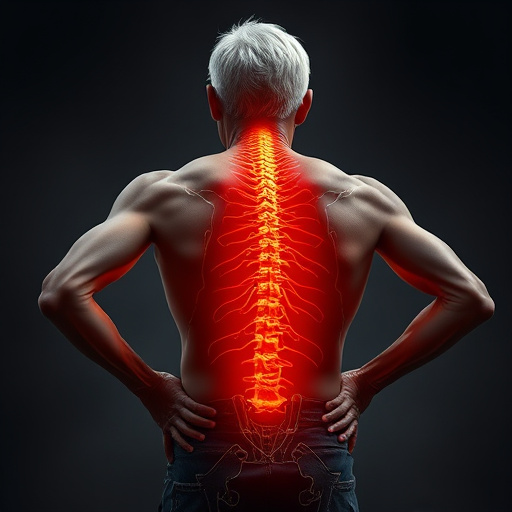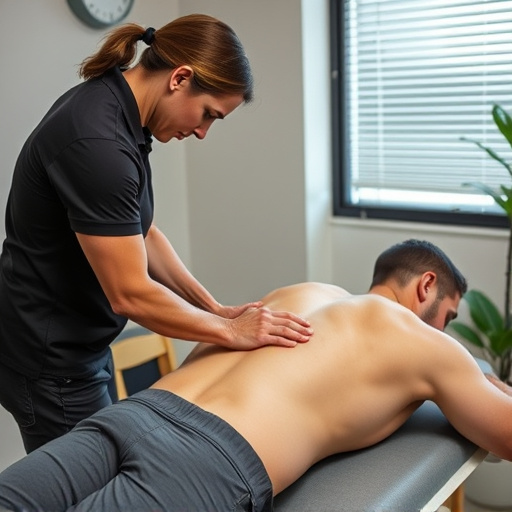A herniated disc results from disc nucleus pushing through tears, often caused by aging, injury, or strain, leading to pain and numbness. Acupuncture, an ancient TCM practice, offers a non-invasive herniated disc treatment by stimulating acupoints to reduce inflammation, relax muscles, improve circulation, and promote natural healing. Recognized as a promising adjunct therapy for musculoskeletal injuries and sports recovery, regular acupuncture sessions can enhance mobility, flexibility, and overall health.
Can acupuncture provide a natural solution for managing and potentially healing a herniated disc? This ancient practice has gained attention as an alternative approach to traditional treatments. Herniated discs, a common spinal issue causing pain and numbness, often require aggressive interventions. Acupuncture, however, offers a gentle yet powerful method to alleviate symptoms.
This article delves into the mechanics of acupuncture, its effectiveness in disc healing, and why it’s emerging as a preferred choice for many seeking relief from herniated disc treatment.
- Understanding Herniated Discs: Causes and Symptoms
- Acupuncture: An Ancient Approach to Pain Relief
- Exploring Acupuncture's Role in Disc Healing
Understanding Herniated Discs: Causes and Symptoms
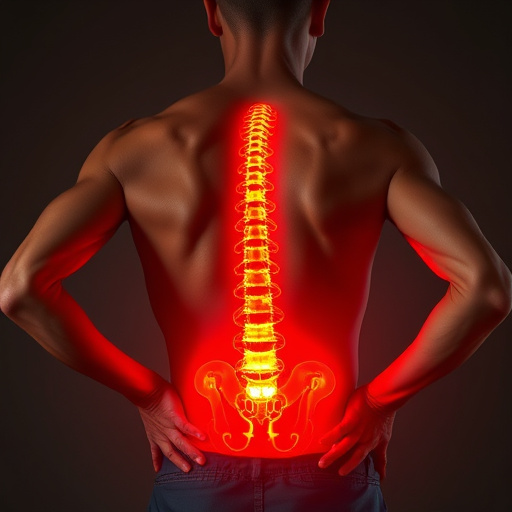
A herniated disc occurs when the soft inner nucleus of a spinal disc pushes through a tear in its outer ring. This can happen due to various factors, such as aging, injury, or strain on the back. The condition is common in individuals experiencing chronic pain relief needs, especially in the lower back and neck regions. Symptoms vary depending on the affected area but often include sharp or dull pain radiating to nearby limbs, numbness, and tingling sensations.
In many cases, herniated discs can lead to mobility improvement issues as pressure on spinal nerves may cause them to become irritated or compressed. This discomfort can significantly impact daily activities and range of motion, prompting individuals to seek effective herniated disc treatment options. Back pain relief is a primary concern for those affected, making alternative therapies like acupuncture an intriguing choice for managing symptoms and promoting overall well-being.
Acupuncture: An Ancient Approach to Pain Relief
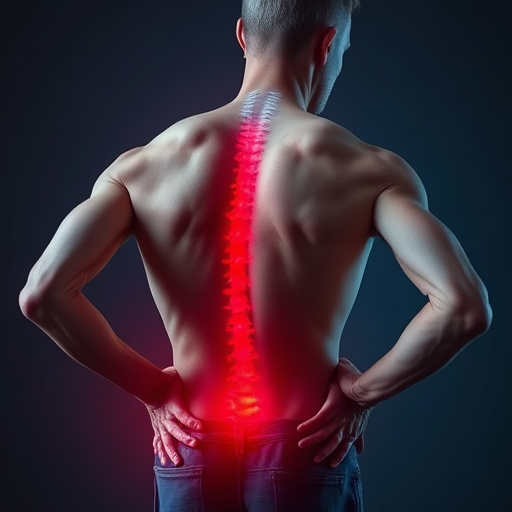
Acupuncture, an ancient practice with roots dating back thousands of years, has gained modern recognition as a potential alternative therapy for various health conditions, including herniated disc treatment. This traditional Chinese medicine (TCM) technique involves inserting thin needles into specific points on the body to stimulate and unblock energy flow, known as qi. By targeting these acupoints, acupuncture aims to alleviate pain, reduce inflammation, and promote natural healing processes within the body.
In the context of herniated disc treatment, acupuncture is often explored as a non-invasive approach to managing associated pain and symptoms. Herniated discs, which occur when the soft material between vertebrae protrudes or bursts, can lead to significant neck pain, backache, and even sciatica. Acupuncture’s ability to modulate pain signals, relax muscles, and improve blood circulation makes it a promising adjunct therapy for individuals seeking relief from musculoskeletal injuries and related discomfort, including sports injury recovery and neck pain relief.
Exploring Acupuncture's Role in Disc Healing
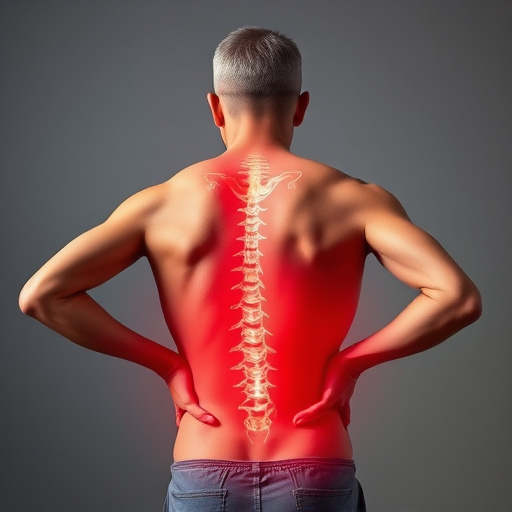
Acupuncture, an ancient Chinese practice, has gained attention as a potential non-invasive treatment for various ailments, including herniated discs. When it comes to disc healing, acupuncture plays a multifaceted role by addressing not just the physical symptoms but also the underlying causes of pain. This alternative therapy stimulates specific points on the body, promoting natural healing processes and enhancing circulation to the affected area.
Exploring acupuncture as part of post-injury care or chronic pain management strategies can be beneficial for individuals suffering from herniated discs. By targeting acupoints, it helps reduce inflammation, relax muscles, and stimulate the release of endorphins, acting as a natural pain reliever. Moreover, regular acupuncture sessions can improve mobility and flexibility, contributing to faster recovery and better overall health.
Acupuncture presents a promising natural alternative for those seeking relief from herniated disc symptoms and exploring non-invasive treatment options. While scientific research continues to evolve, anecdotal evidence and traditional practices suggest acupuncture may facilitate disc healing by reducing inflammation, promoting blood flow, and offering pain management benefits. As an ancient approach gaining modern recognition, acupuncture could be a valuable addition to a comprehensive herniated disc treatment plan, potentially helping individuals find relief and regain mobility.

